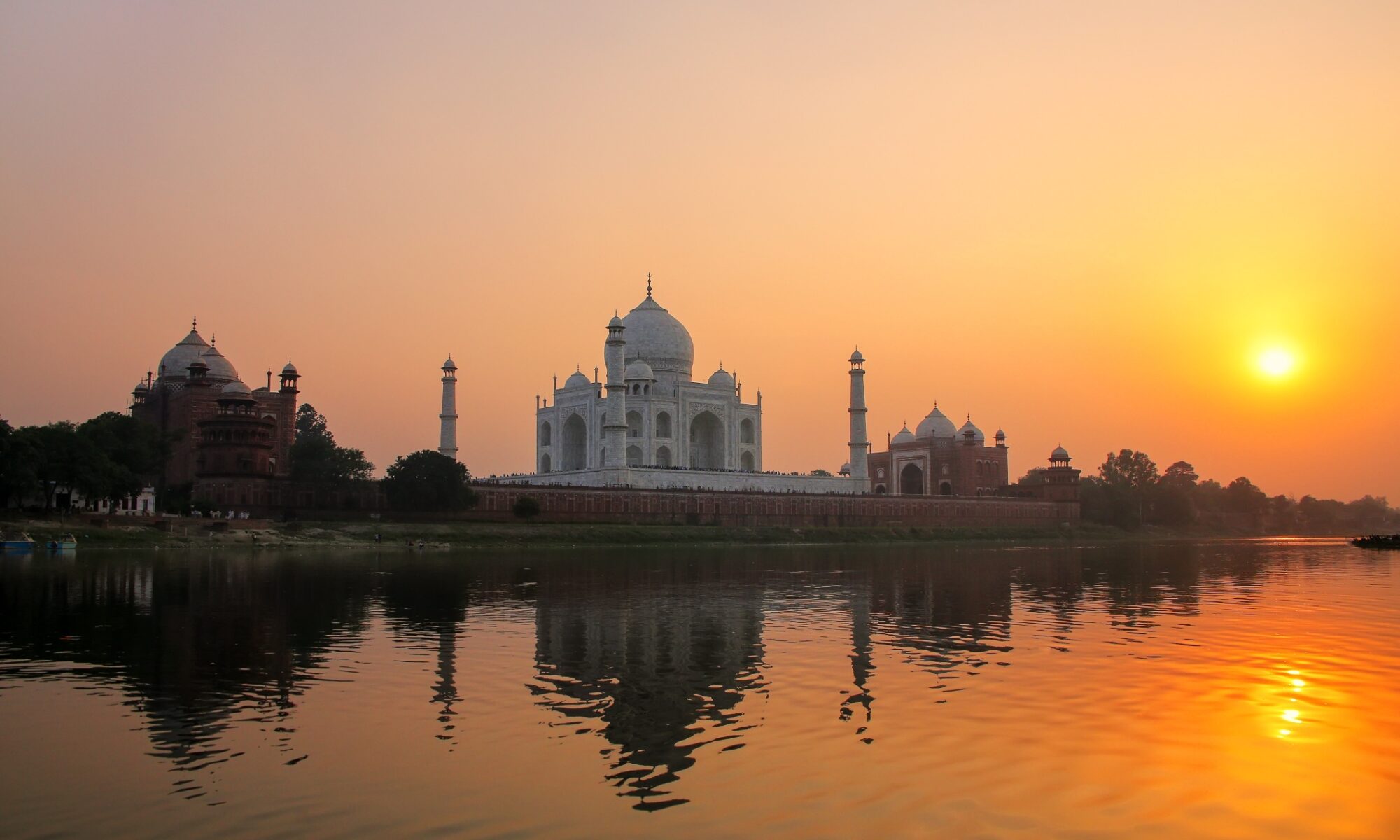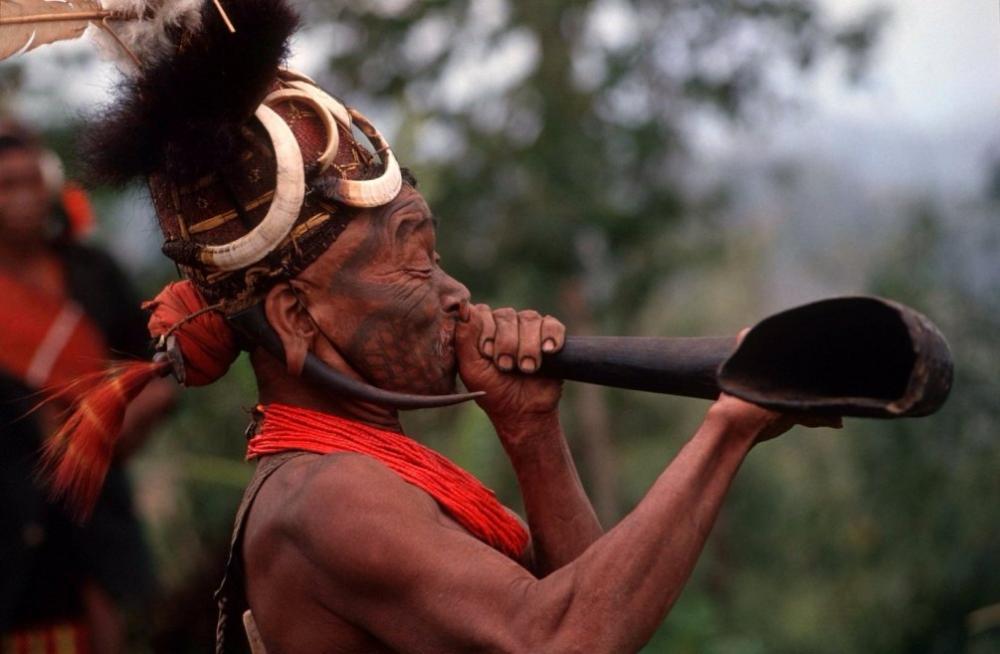TRIBALS OF NORTH EASTERN INDIA AND RHINOS OF KAZIRANGA (16 days)
(Kolkata – Tezpur – Itanagar – Ziro – Majuli – Sibsagar – Mon – Jorhat – Kaziranga – Kolkata)
This exploratory ‘off the beaten track’ tour takes you into the Northeast of India – a relatively unexplored and unspoilt part of India. We witness a fascinating Myoko or Boori Boot festival of Apatani tribes in Arunachal Pradesh. Best known for its eponymous tea, we explore Assam and see the Ahom ruins at Sibsagar and take a boat ride on the mighty Brahmaputra River to visit the Vaishnavite monasteries at Majuli, one of the largest riverine Islands in the world. The neighbouring Nagaland is home to many tribes, each with its own traditions, language and attire. There is an added attraction of Kaziranga – one of the finest national parks in India, famous for the one horned rhino.
Day 1: ARRIVE KOLKATA
You will arrive Kolkata and stay for 2 nights. Just a short walk away is the new market which you can explore in your free time.
Day 2: KOLKATA
A full day is spent exploring this charming metropolis, starting off with an early morning visit to the colourful flower market followed by a boat ride on the Hooghli River. The afternoon’s sightseeing includes the Victoria Memorial, St Paul’s Cathedral and the Indian Museum – one the largest museums in India.
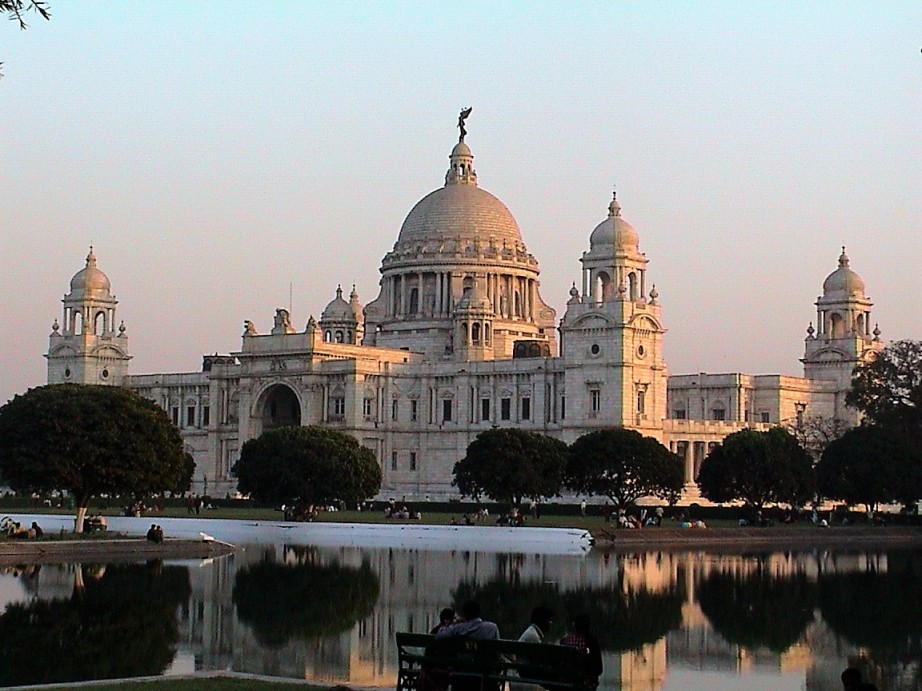
Day 3: KOLKATA – GUWAHATI – TEZPUR
A short flight will bring us to Guwahati – the capital of Assam. We will drive to Tezpur for an overnight stay. Tezpur, also known as Sonitpur or City of Blood, is associated with the legend of princess Usha, the daughter of King Bana and prince Anirudha, the grandson of Lord Krishna for their eternal love and romance. The great mythological war believed to have been fought between Hari (Lord Krishna) and Hara (Lord Shiva) and as a result the whole city was said to have been drenched in blood. We explore the city in the evening.
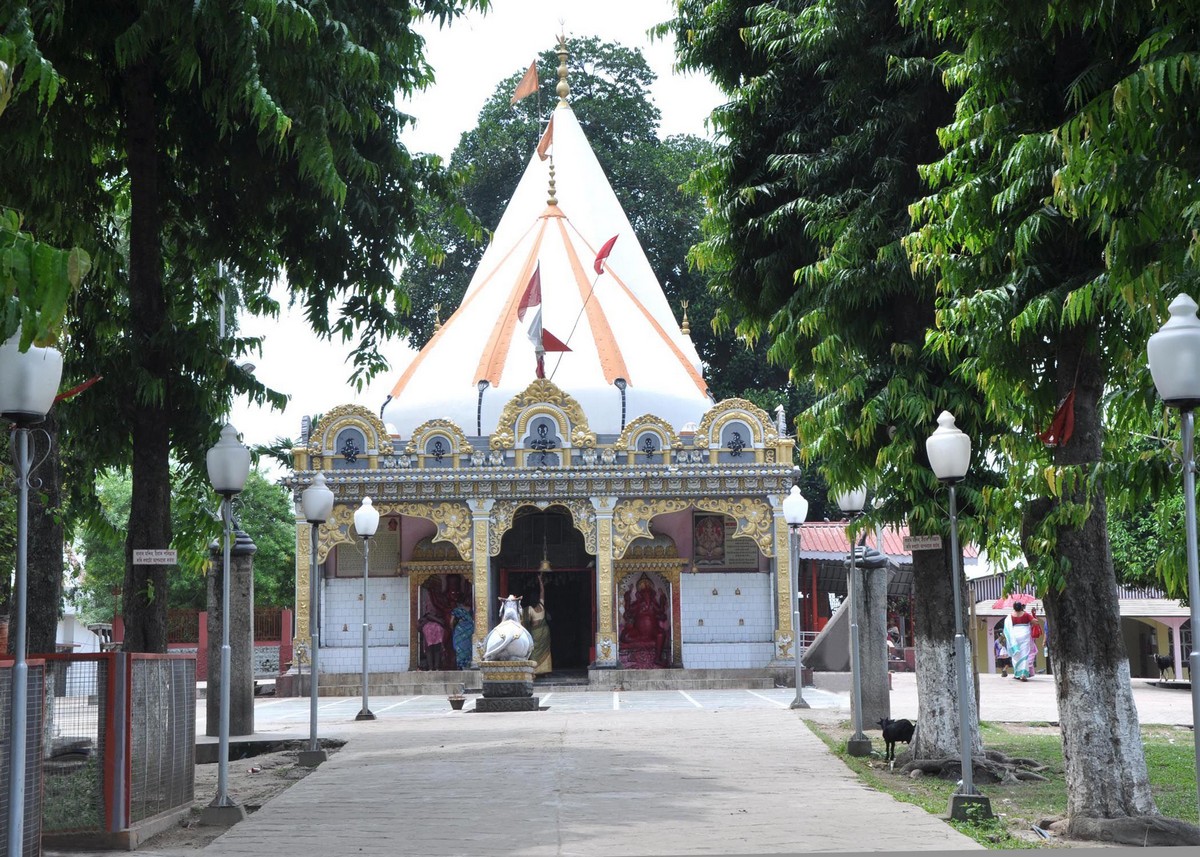
Day 4: TEZPUR – ITANAGAR
Today we drive to Itanagar, the capital of Arunachal Pradesh – the land of rising sun. We stay here for the night. In the afternoon, we visit The Buddhist Gompa of Itanagar. This is a new but beautiful yellow – roofed shrine rising from well-maintained grounds behind which a Banyan tree planted by His Holiness The Dalai Lama. You get a beautiful view of the Itanagar city from the temple grounds.
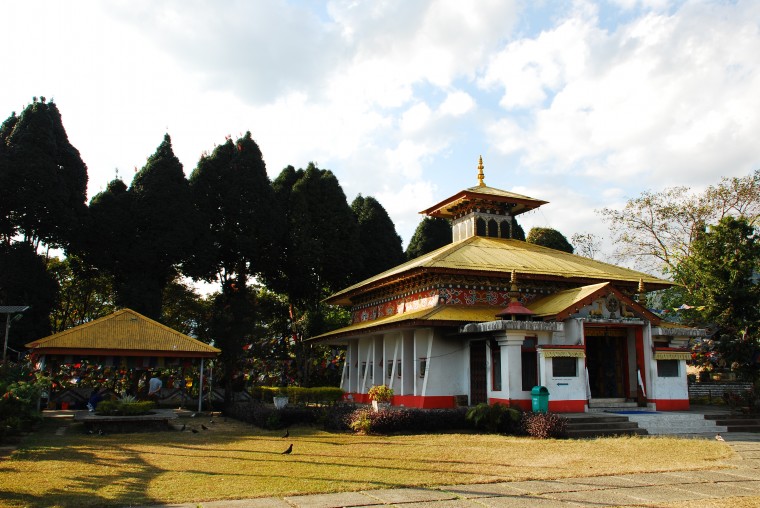
Day 5: ITANAGAR – ZIRO
Today morning, we drive to Jiro (usually spelled and pronounced as Ziro by the tourists). On the way to Ziro, we visit Local market run by Nyishi tribal women selling local produce of fruits and vegetables, handicrafts, jewellery and textiles. We also see Naharlagun – the Satellite city of Itanagar.
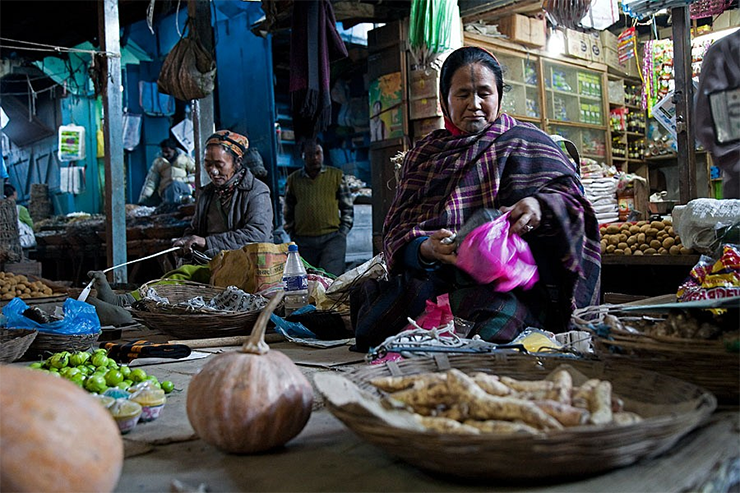
We arrive Ziro in the evening and check-in at your hotel for an overnight stay. Situated in the Lower Subansiri district of Arunachal Pradesh, Jiro is the plateau of Apatani Tribe. There are currently no known written records of the history of the Apatani tribe, although it is speculated that, throughout their history, the Apatani had a democratic system of running the society. The village council was known as the Bulyang. They are of Tibetan origin; their language belongs to the Tibeto-Burman family. Most Apatanis are loyal followers of the Donyi-Polo faith, who pray to an array of spirits and souls for blessing. When a misfortune occurs, they believe that it is caused by certain spirits, and thus they make appeasement sacrifices of chickens and mithuns. The dress of the Apatanis is elaborate and colourful, yet simple in style.
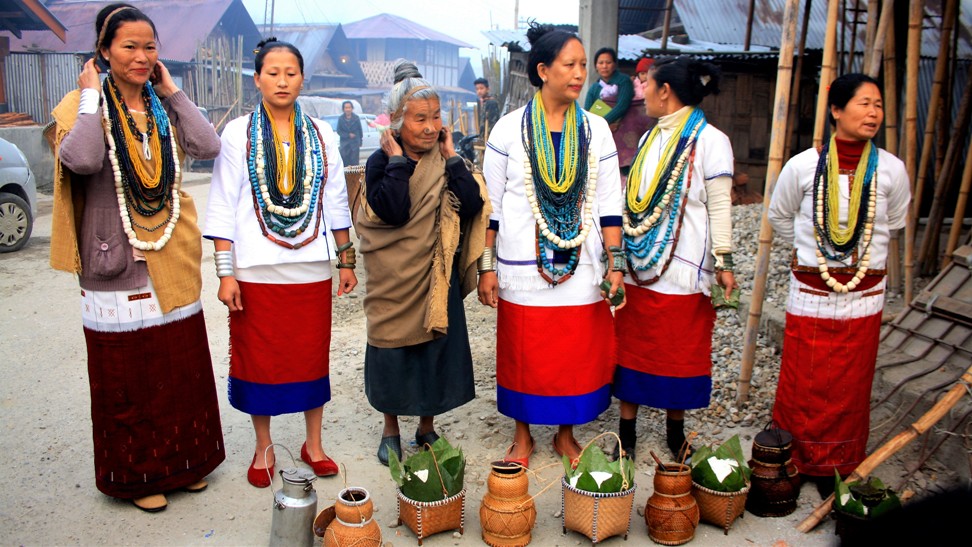
Tattooing and the stuffing of large nose plugs were once popular among the women. Originally, this practice started because the women wanted to look unattractive to males from neighbouring tribes!
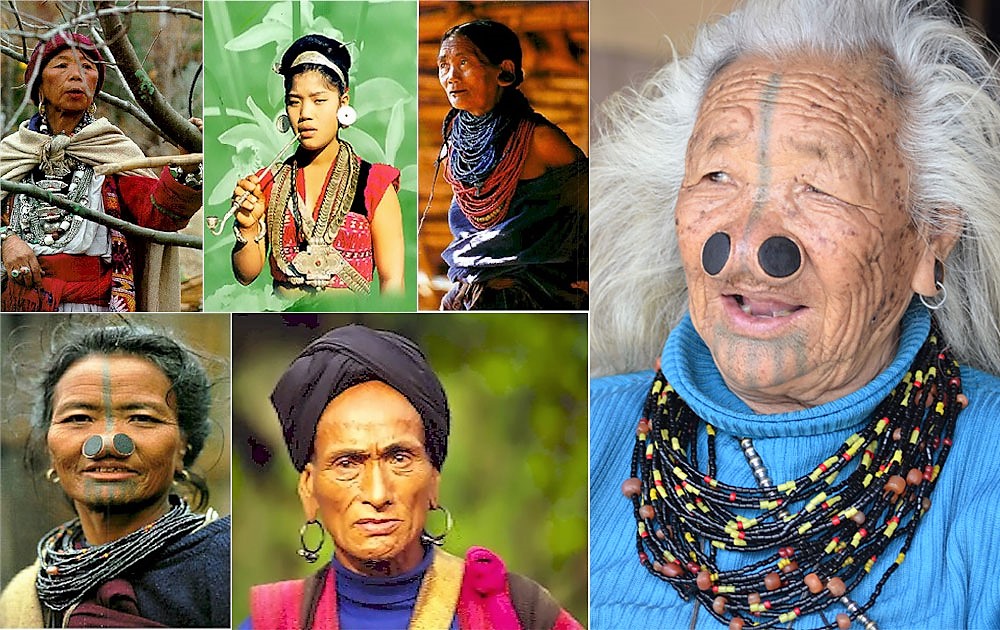
Day 6: ZIRO
Today we have a full day to explore the tribes. We can also plan the dates to coincide with Myoko festival – the biggest festival of Apatani tribe. This festival is celebrated to propitiate the Gods for good harvest and usually happens in late March. The first day and the last day of the festival is particularly interesting. We can also plan the tour around Boori Boot festival which happens in early February.
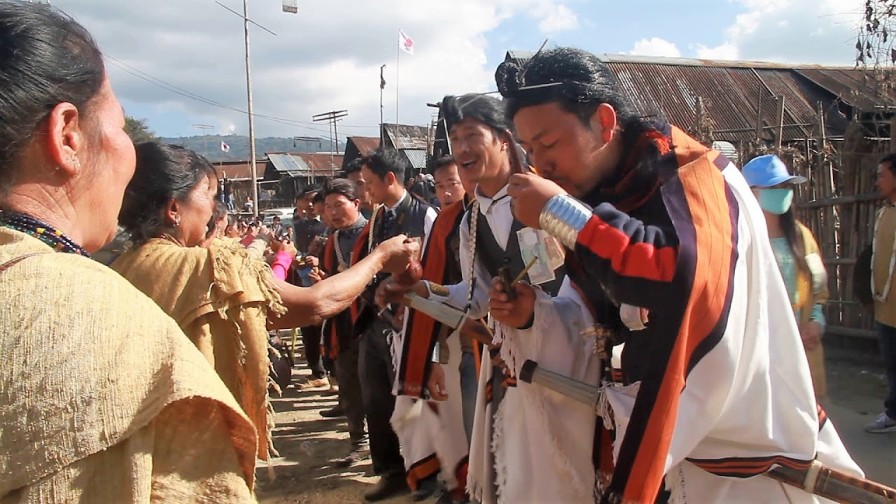
Day 7: ZIRO – MAJULI ISLAND
Today we will undertake a longish drive to Bogibill ghat where we will take a public ferry to cross Brahmaputra River to reach Majuli Island. We stay here for two nights.
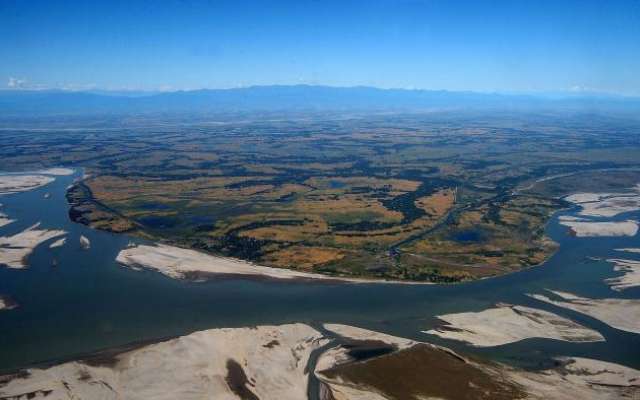
Day 8: MAJULI ISLAND
Majuli is the largest fresh water mid-river deltoid island in the world. It is situated in the upper reaches of Brahmaputra River in Assam. With a population of about 160 thousands, majority of them tribal, Majuli is endowed with rich heritage and has been the abode of the neo-Vaishnavite culture. The island is a bio-diversity hotspot and has rich ecology with rare species of flora and fauna.
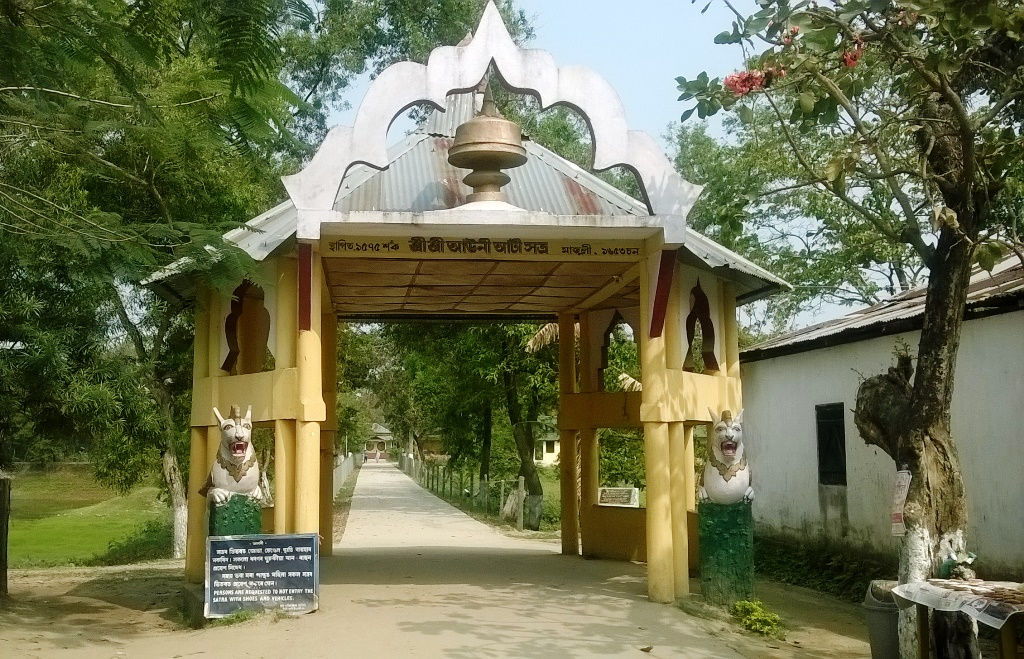
For the past five centuries, Majuli has been the cultural capital of Assam. The main depositories of cultural and spiritual heritage are the Sattras, which are just like Gurukul (hermitages) of yore. Here up to 400 celibates’ stay for life preserving spiritual and cultural heritage, renouncing worldly desires. From the time of the great Vaishnavite renaissance of 14th and 15th century, under Srimanta Sankardeva, Srimanta Madhab Deva and other saints this island became the seat of Vaishnavite religion, art and culture. The famous Satriya Nritya (dance) and Ankiya Bhaona (traditional drama) have got a global acclaim. Majuli is also famous for Tribal Folk Culture and Heritage. It is said to be the cradle of Missing and Deori cultures. Explore in and around Majuli.
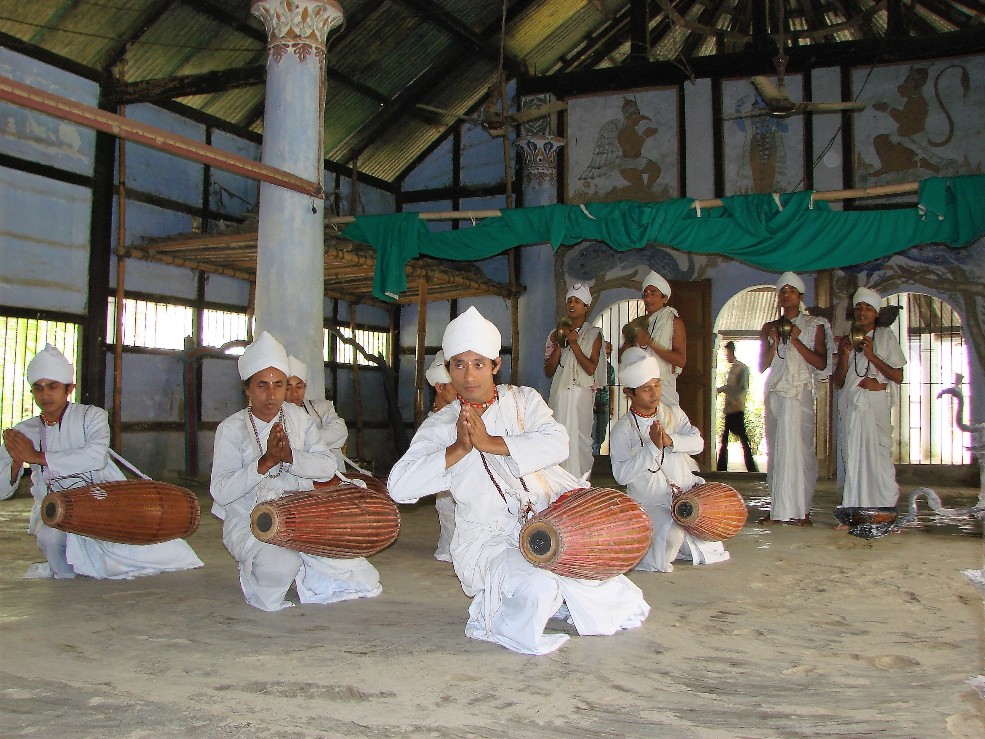
We have the full day to visit various satras. The most notable are Samuguri Satra, famous for mask making; Uttar Kamalabari, the oldest Satra and Unauiti Satra, the biggest Satra. We also visit the Missing tribal village.
Day 9: MAJULI ISLAND – SIBSAGAR
Today morning, we will take a ferry out of Majuli Island to Nimatighat. You will then drive to Sibsagar.
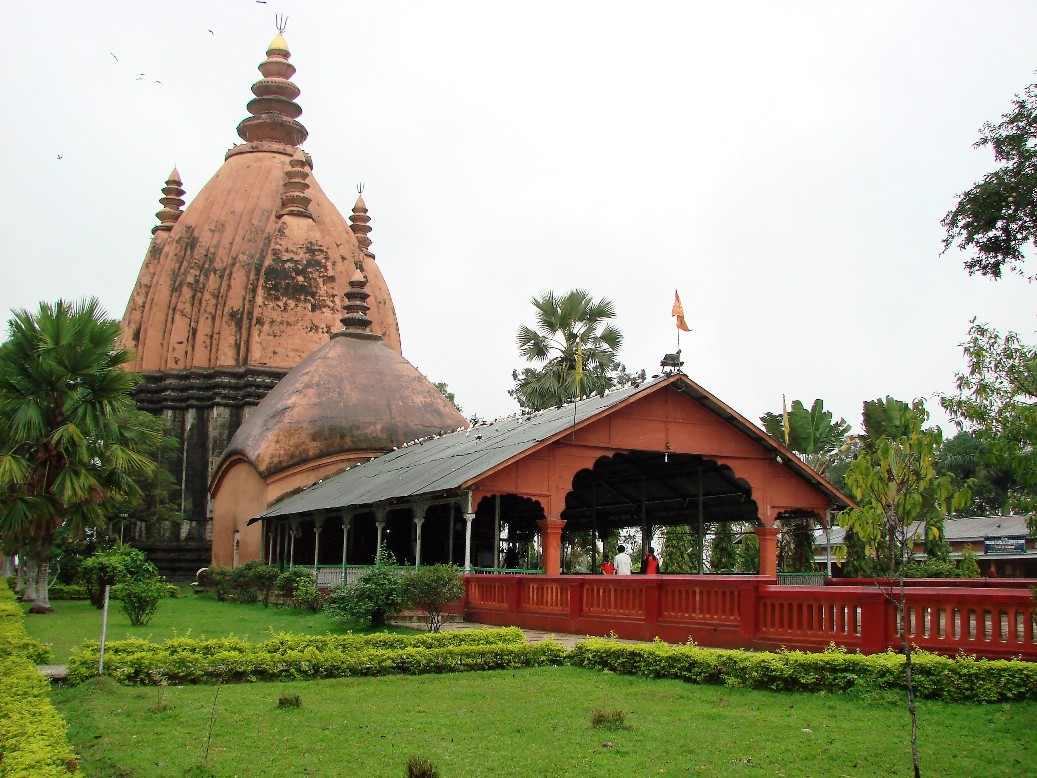
Sibsagar was the capital of the Ahom rulers from 1228 to 1826. Sibsagar got its present name from Sibsagar tank, excavated by the Ahom queen Ambika. The tank was named after her husband, Shiva Singha. Sibsagar tank is also known as Borpukhuri, meaning a big lake. Shiva Dol, Vishnu Dol and Devi Dol are the three temples on the banks of Sibsagar. We stay in Sibsagar for the night and visit the Talatal Ghar and Rang Ghar – the Royal Observatory along with Sibsagar tank and temples around it.
Day 10: SIVSAGAR – MON
Today we will drive to Mon. The drive is through pristine tea gardens. We stay in Mon for two nights.
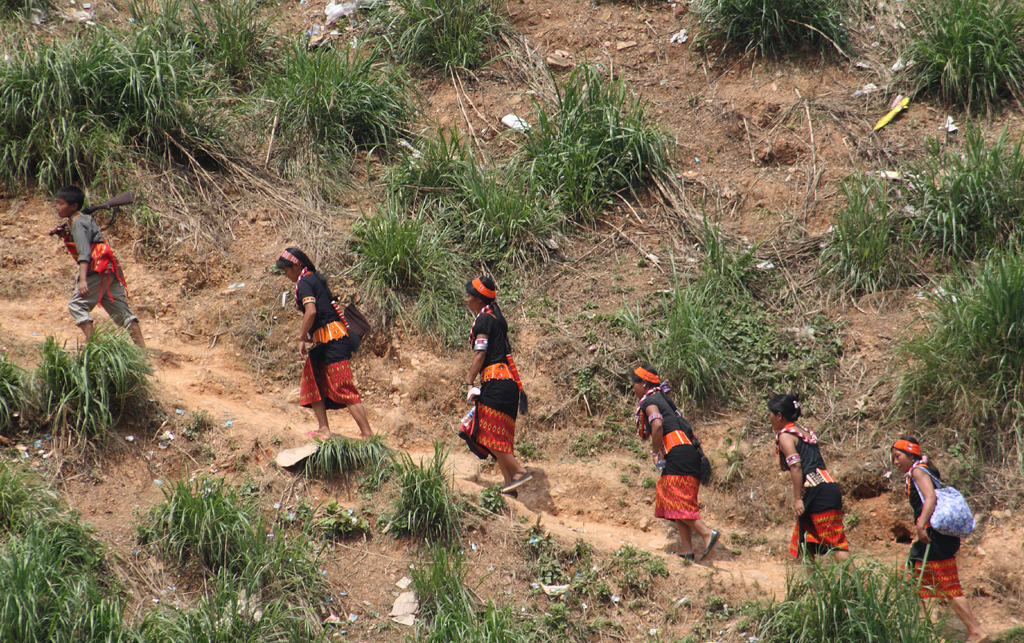
Day 11: MON
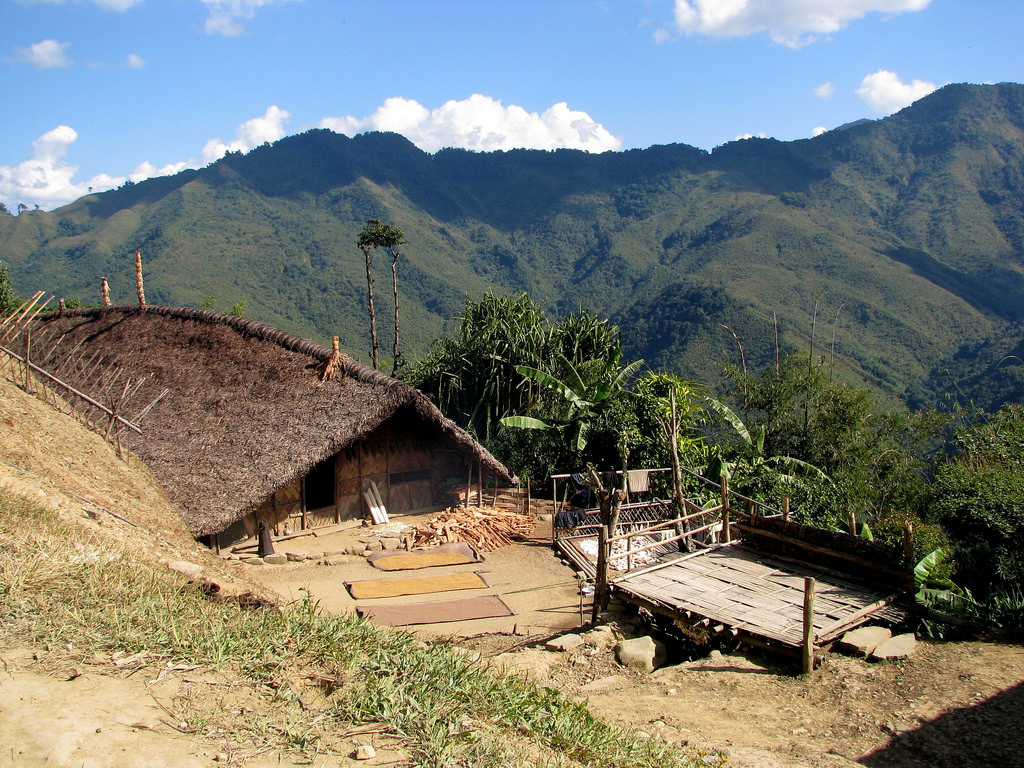
Today we will visit the tribal villages around Mon. We drive to Longwa village, close to Myanmar border. Longwa is one of the biggest villages in the region with some portion of the village lying in India and some in Myanmar. The village is controlled by a chief called as “Angh”. Half of the house of the chief falls in India and the other half in Myanmar. The villagers have dual citizenships of India and Myanmar! We will visit the village and learn about their culture. The tribe is skilled in making exquisite handicrafts. In the afternoon, we will visit another tribal village of Hongpoi Village. This tribe is called Konyaks and have peculiar tattoos.
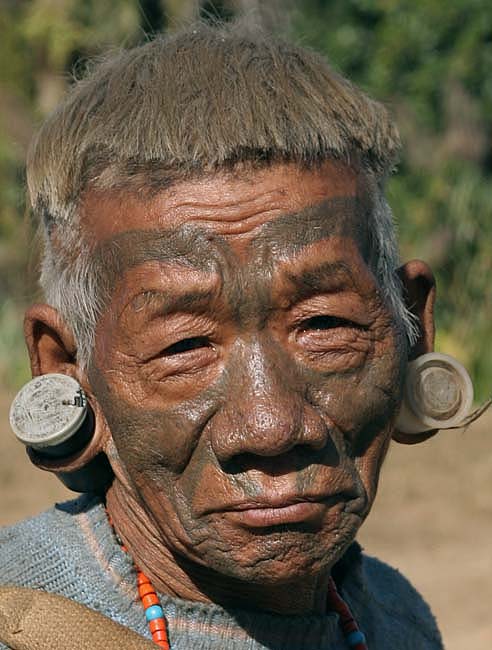
Day 12: MON – JORHAT
Today we will drive to Jorhat. It was the last capital of the Ahom Kingdom and home to many historical monuments of Assamese culture. Jorhat is renowned for tea production and has one of the largest tea research centres in India. We spent the night in a tea planter’s bungalow.
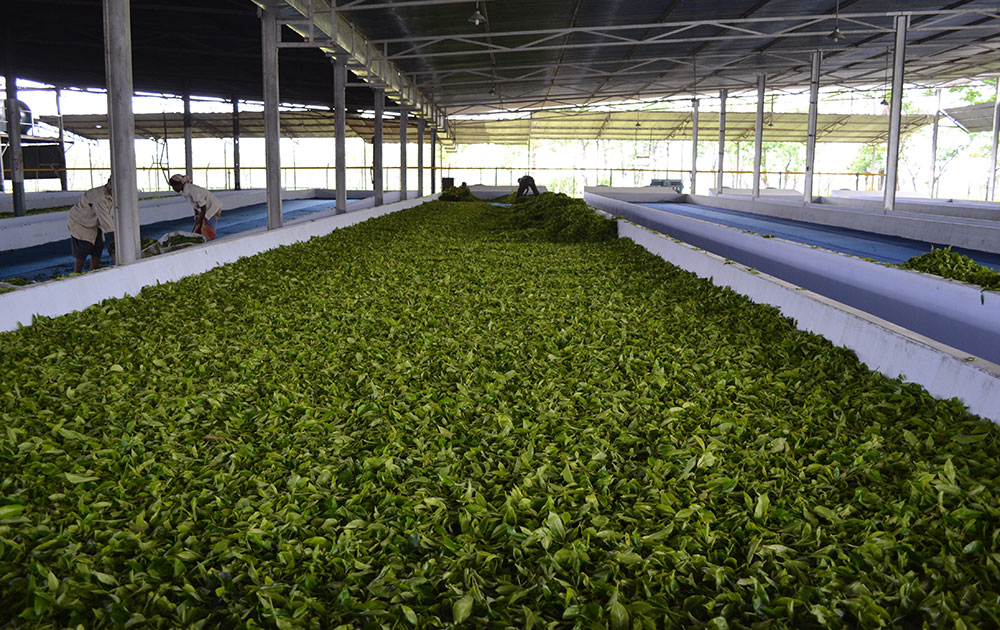
Day 13: JORHAT – KAZIRANGA NATIONAL PARK
Today we drive to famous Kaziranga national park. A famous reserve on the banks of the Brahmaputra, Kaziranga National Park is home to the one-horned rhino. Also to be found in the swamps and tall grass are buffalo, swamp deer, hog deer, tiger and wild elephant. We will begin our jungle experience with an afternoon safari in the park.
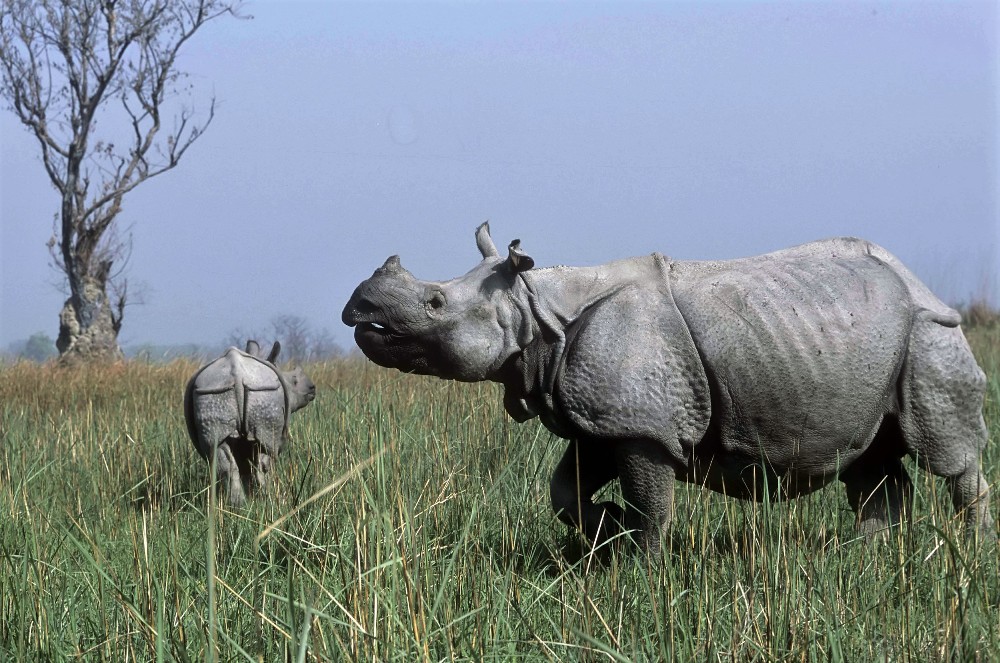
Day 14: KAZIRANGA NATIONAL PARK
Another day is spent exploring the park. We will enjoy morning and afternoon game drives in the park. There is an option to do elephant safari in the morning.
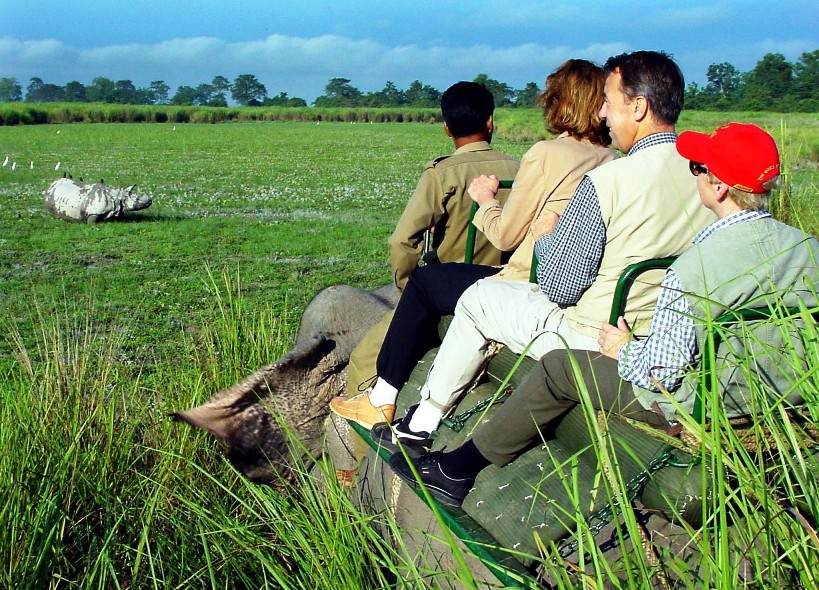
Day 15: KAZIRANGA – GUWAHATI – KOLKATA
Today we will drive to Guwahati airport for the short flight back to Kolkata where we stay for the night.
Day 16: DEPART KOLKATA
You will be transferred to airport in time to board your flight back home!
Suggested Extension
The Living Root Bridges of Meghalaya
Extend this tour to neighbouring state of Meghalaya to see villages of Khasi tribe and the Living Root Bridges. Meghalaya, meaning the Abode of Clouds, owes its name to the prodigious humidity drawn over its hills from the Bay of Bengal. The state, sandwiched between Assam and Bangladesh, boasts one of the highest rainfalls anywhere on earth. The Khasi Hills on the South West receive the lion’s share of the downpours and the village of Cherrapunjee is notorious for receiving an average of 12m rainfall per year – twenty times more than London! A detour to this fascinating, predominantly tribal region is definitely worth. We also see the so-called Living Bridges which the locals use to cross the river and its tributaries below Cherrapunjee. By training roots of ficus elastic trees over the water, they’re able to create spans which are able withstand the rigours of the Meghalayan climate. A revealing fact is that the bridges take more than a generation to make; responsibility for their upkeep often passes to the eldest daughter in this matrilineal part of the world!
For Price Contact Us
Like a tour plan? You can ask us to tailor your journey to your preferences by indicating changes to destinations, desired days at each location, preferred activities, hotel preferences, specific vehicles, and more. Inform us about any special considerations for traveling with children or the elderly, and if your desired destination isn’t listed, let us know, and we’ll create a personalized plan just for you. We’re excited to welcome you on your holiday! Looking forward to seeing you soon!
Click Here to Submit Query Form
Call or Whatsapp +91-9810594172 / +91 9350371499
